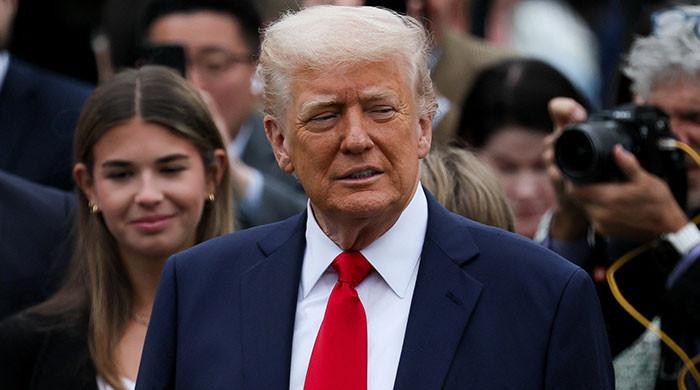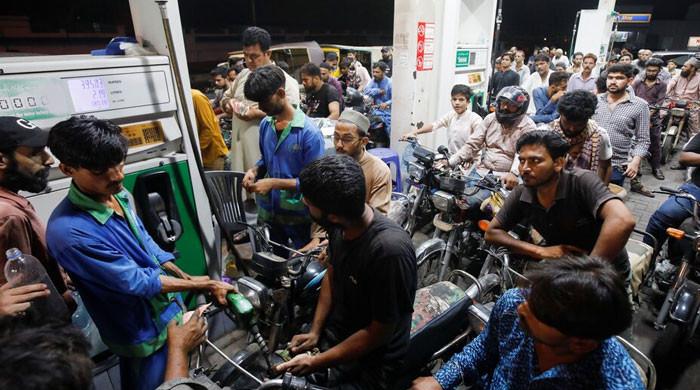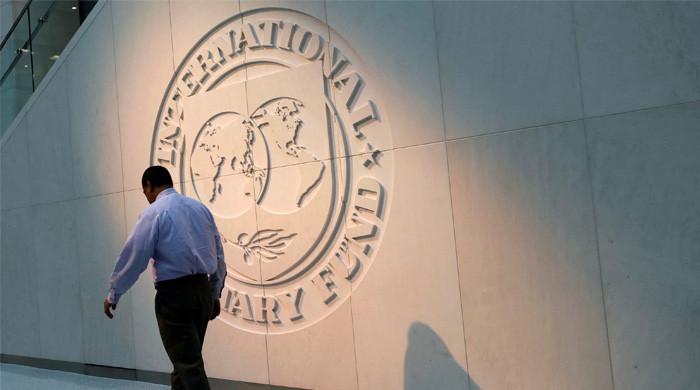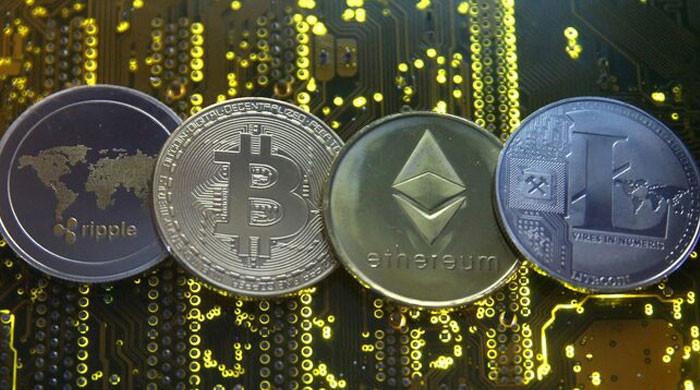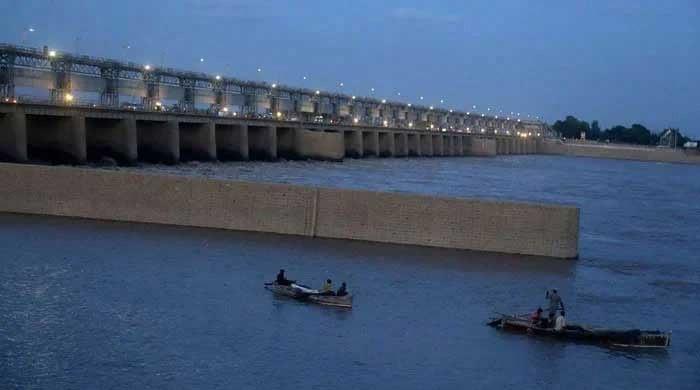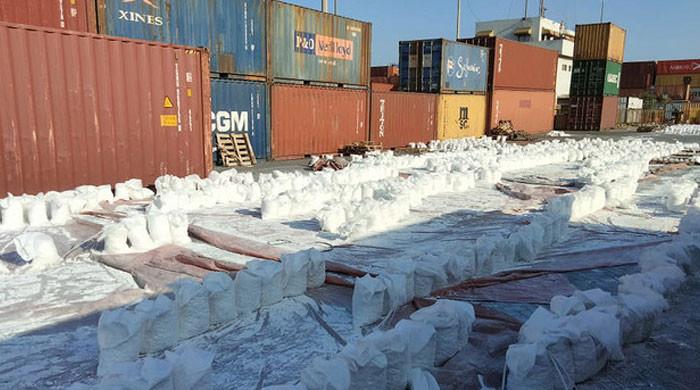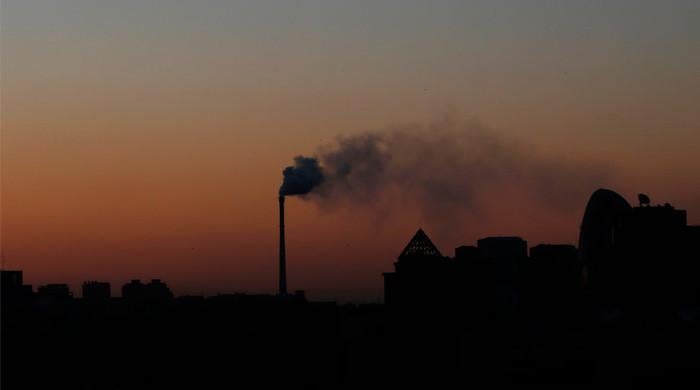Will a presidential system work in Pakistan?
There have been many who defrauded this nation with pipedreams. Now a new yarn is unfolding under the guise of ‘presidential system’
January 24, 2022
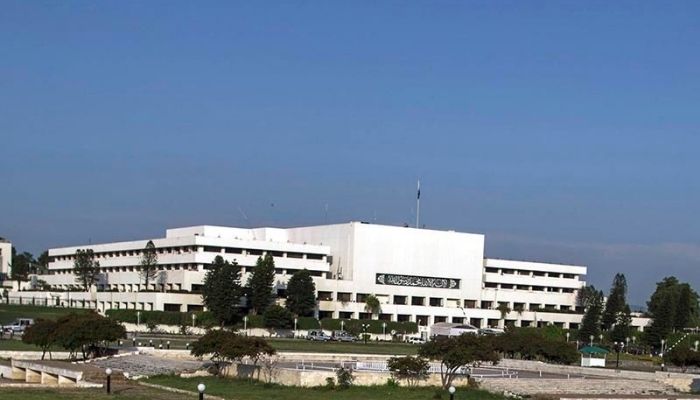
Pakistan appears to be poised on a knife-edge forever. If it is not under martial law, it is under the yoke of a president who drives the cart recklessly. If it is going through a democratic interlude with an elected or selected prime minister, still the real power eludes the PM – if not always, then most of the time.
There have been many who defrauded this nation with pipedreams. Now, once again a new yarn is unfolding under the guise of a promised ‘presidential system’ that would supposedly cure all ills prevalent in society. The promoters of such ideas do not realise that to bring about progress in a country you need to get out of a perpetual uncertainty that blights the system. You need democratic debates and people-friendly reforms more than a concentration of power in one hand. People desire a commitment to individual dignity rather than a depletion of their rights under one system or another.
Whenever a new dispensation is rolled out, a resurgent elite sneers at people for being decadent. In reality, it is the elite itself that is decadent and selfish to the core. They keep the country unstable to perpetuate elitism in society and keep their privileges. For common people there is always a ruse in the shape of a ‘changed’ system which is mostly a change of faces – or rather a mere alteration in powerful positions. The peddling of another presidential system in Pakistan smacks of ulterior motives. The problems of this country will not vanish in a puff of smoke if you put up yet another presidential pulpit in Islamabad.
Essentially, this looks like a sequel to the same populist agenda that the PTI proffered to its unsuspecting supporters for over a decade. If anything, the promises that the PTI leadership made turned out to be hollow. Now, relentless promotion of illiberal thought in society has apparently become the sole refuge for those who have miserably failed to guide the country onto a path of promised prosperity. Those at the helm now love to denigrate democracy and can’t wait to pulverise the parliamentary system enshrined in the constitution. Liberal democracy is an anathema to them, especially if it comes with a functioning parliament.
Those wanting to tread on a new presidential path want to demolish the parliamentary edifice and would love to supplant it with a system which will only have a facade of democracy, with all the building blocks of yet another authoritarian regime. They are least concerned with liberal values or scientific attitudes in society; they are also not bothered about rule of law, as it doesn’t suit them. Be it the foreign-funding case or corruption charges – both nationally and internationally – they take it lightly if their own supporters are involved.
Can we call it a plot by the powerful? Perhaps, yes and no. If we define the agenda-makers as those who are deeply entrenched in the power structure, the answer is yes. If you define it with a narrow institutional scope alone, the answer may be no. The broader definition must include civil and military bureaucrats, feudal and tribal lords who have roots in all regimes, and of course those legal professionals who secure power and privilege by catering to the vices of the powerful and profit from the weaknesses of the weak.
What we are witnessing now in Pakistan is a subordination of fact and reason to emotion and irrationality. Pakistan is already a confessional state. Such states remain under the clouds of sectarianism and superstition, no matter if you call it a parliamentary or presidential system. Confessional states develop and share a suspicion of active democracy that can challenge entrenched interests. They realise that if the state cannot exercise all powers through one strongman – be it president or a military dictator – any sharing of power will have profound implications for society in the long run.
That is a major reason why fair conditions for democracy are never allowed to take roots. There is a pretence of democracy to preserve the status quo, which if shaken can be stabilised with the promise of another system. For this purpose, all right-leaning individuals and groups are aligned to propel common people in a certain direction – such as the direction of ‘change’ or a presidential system. In this process, if extremist tendencies get a spur so be it; if people are disillusioned with democracy, even better. If bullies have an upper hand in society, co-opt them.
The current campaign for a presidential system appears to be an effort to shape events in the months and years to come. This is an odious path that will lead to further fragmentation of democracy in the country. Thanks to the 18th Amendment in the constitution, neither imposition of a state of emergency nor introduction of a presidential system is possible. But we have seen in the past that even the constitution was abrogated or put in abeyance with the connivance of the judiciary brought in line with carrot and stick.
Some sort of dealings seem to be underway or a big reversal is in the offing. The unrelenting stress on pious penury rather than on development and growth is not a good omen. We can see resurging terrorism in various parts of the country; isn’t it the work of those who pretend to be pious? How much more piety do we need? Perhaps a presidential piety would do the trick? I doubt it. Abetting terrorism under the garb of piety we have witnessed for long; – at least for 40 years since the dark days of General Ziaul Haq, who was a usurper president by the way.
Usurper presidents can feign moderation but remain hostile to democracy and to their own people. Such presidents – from General Ayub Khan to General Musharraf – have abrogated, mutilated, and even rubbished the constitution multiple times. Pro-people amendments in the constitutions should always be welcome, but even those should be the outcome democratic debates and discussions. Any proposed presidential system will not just be an acceptable variation in the constitution; it is simply not possible. Generals Ayub Khan, Ziaul Haq, and Pervez Musharraf used referendums to cling to power forever in violation of all constitutional and democratic norms.
No country can suffer an interminable abuse of power. The people of Pakistan are not in for an erratic presidential system, yet another time. Well-heeled promoters of the presidential system do not see common people trying to eke out a living with bare minimum. If they have a parliamentary system which gives them at least some semblance of representation in the affairs of government and legislation, this is their right. All past attempts to introduce presidential systems were made without the consent of the people, by those who pole-vaulted to power.
Let all government and state entities and institutions do their work properly without stepping into each other’s domains. If one desires undue political prominence, it should not be at the cost of constitution and democracy. Social justice, more than anything else should be the top priority of all those who enjoy a share in power. The PTI government needs to translate its promises into reality without tinkering with the constitution in a detrimental manner.
The writer holds a PhD from the University of Birmingham, UK and works in Islamabad. He can be reached at [email protected]





